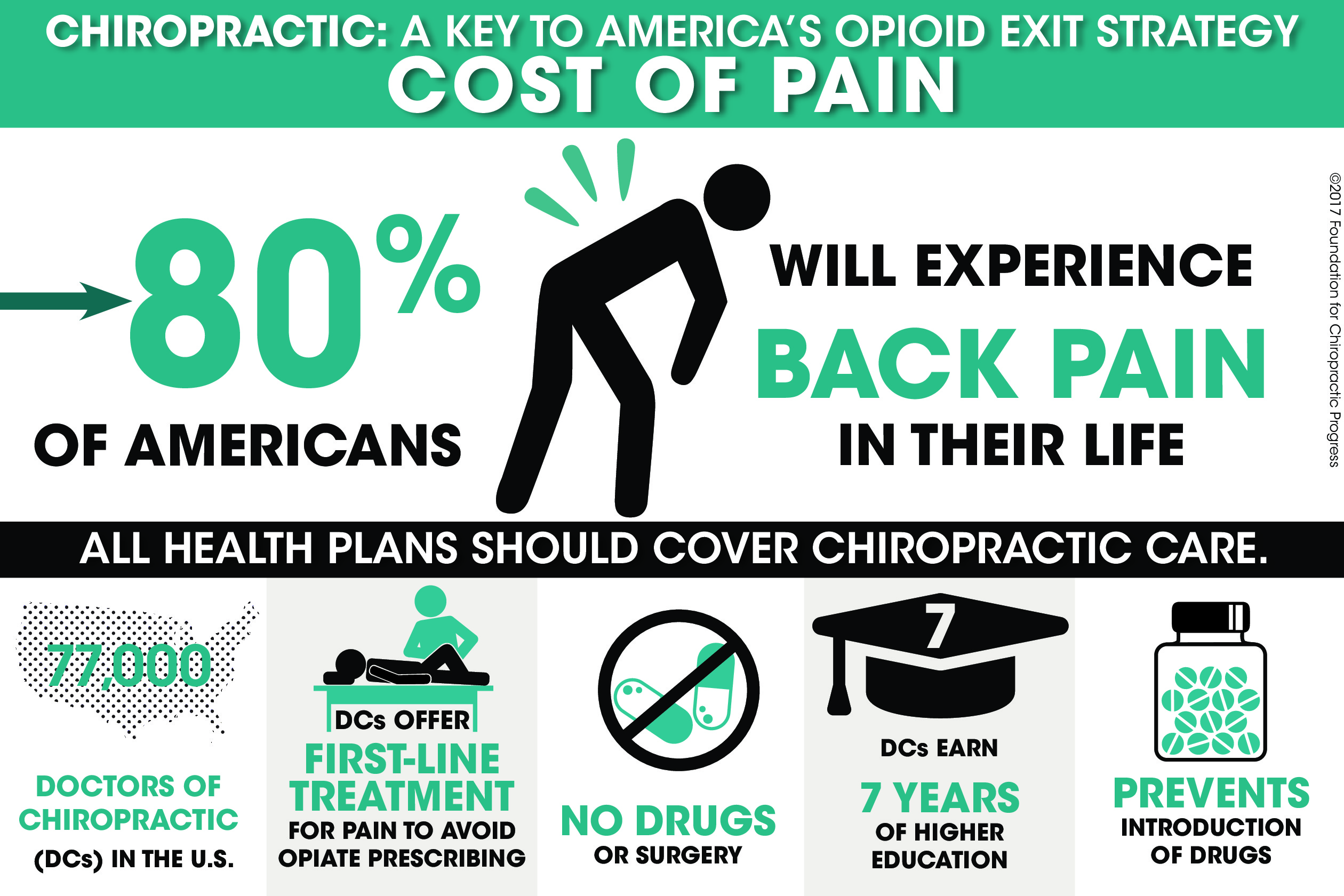Recognizing Nourishment'S Duty In Neck And Back Pain Management: Beneficial Foods And Foods To Avoid
Recognizing Nourishment'S Duty In Neck And Back Pain Management: Beneficial Foods And Foods To Avoid
Blog Article
Web Content Author-Whitley Sharpe
When it concerns handling your pain in the back, the food choices you make can significantly impact just how you feel on a daily basis. Visualize having the ability to ease your pain simply by changing what you eat. By comprehending the role of nourishment in neck and back pain administration and recognizing which foods to include or steer clear of, you can take aggressive steps towards a much healthier and a lot more comfy way of living. The link in between nourishment and back wellness is more extensive than you might recognize-- let's check out how specific foods can either relieve or worsen your back pain.
Importance of Nutrition in Back Pain
Nourishment plays an important duty in taking care of pain in the back. Your diet regimen can substantially impact inflammation degrees and total discomfort degrees in your back. Taking in a balanced diet rich in nutrients like vitamins D and K, calcium, magnesium, and omega-3 fatty acids can help in reducing swelling and strengthen bones, which are essential for back wellness.
Furthermore, keeping a healthy weight with proper nourishment can minimize tension on your spinal column, reducing the risk of neck and back pain.
Moreover, particular nutrients like anti-oxidants discovered in fruits and vegetables can aid fight oxidative tension and promote recovery in the body, consisting of the back muscular tissues and back.
On the other hand, eating excessive quantities of refined foods, sweet beverages, and unhealthy fats can contribute to swelling and weight gain, aggravating pain in the back.
Foods to Consume for Back Wellness
To sustain a healthy and balanced back, incorporating nutrient-rich foods into your everyday meals is key. Including integrated medical texas physical therapy in antioxidants like berries, spinach, and kale can help reduce swelling in your back, relieving pain and pain. Omega-3 fatty acids discovered in fatty fish such as salmon and mackerel have anti-inflammatory homes that can profit your back health and wellness.
Additionally, taking in nuts and seeds like almonds, walnuts, and chia seeds supplies essential nutrients like magnesium and vitamin E, which support muscle mass feature and reduce oxidative stress. Integrating lean proteins such as hen, turkey, and tofu can aid in muscular tissue fixing and upkeep, promoting a strong back.
Don't fail to remember to include dairy products or strengthened plant-based alternatives for calcium to support bone wellness. read the full info here but not least, moisten with plenty of water to maintain your spine discs moistened and functioning efficiently. By including these nutrient-dense foods in your diet plan, you can nurture your back and assistance general spine wellness.
Foods to Avoid for Neck And Back Pain
Opt for staying clear of refined foods high in added sugars and trans fats when seeking remedy for pain in the back. These sorts of foods can add to inflammation in the body, which might worsen back pain. Say no to sweet snacks sweet, breads, and sweet drinks, along with fast food products like burgers, french fries, and fried hen that are commonly packed with trans fats.
Additionally, steer clear of foods containing high degrees of refined carbs, such as white bread, pasta, and breads, as they can surge blood glucose degrees and potentially aggravate inflammation in the body.
It's also smart to limit your intake of foods high in saturated fats, like red meat and full-fat milk products, as they can add to swelling. Processed foods like delicatessens meats, chips, and packaged treats are commonly high in saturated fats and ought to be eaten in small amounts.
Conclusion
In conclusion, paying attention to your diet and making smart food selections can have a considerable impact on handling pain in the back. By including nutrient-rich foods like berries, fatty fish, nuts, and lean proteins, and avoiding refined and sugary products, you can help reduce inflammation and support overall back health. Bear in mind, what you eat plays a vital duty in how you really feel, so ensure to prioritize your nutrition for a much healthier back.
